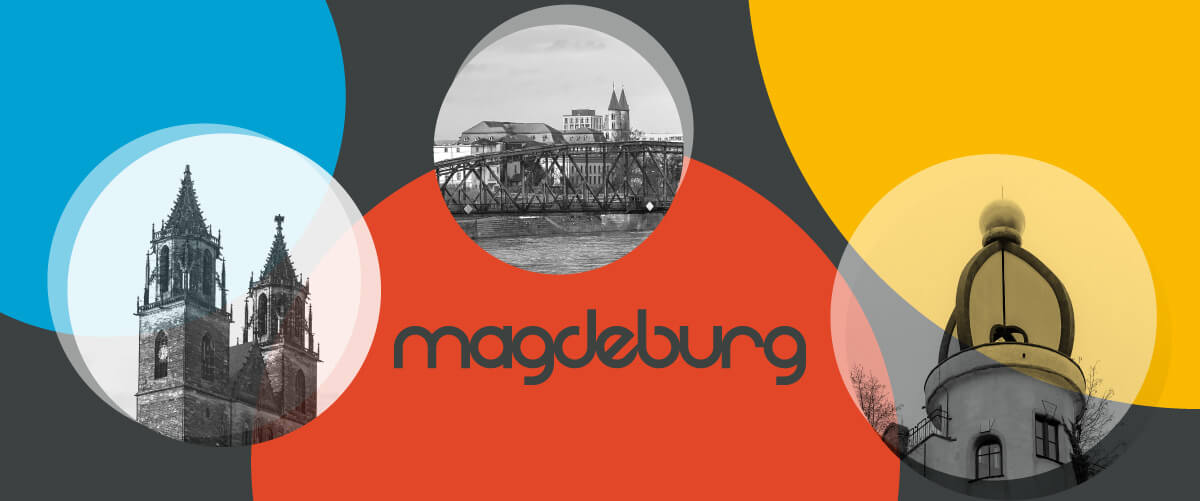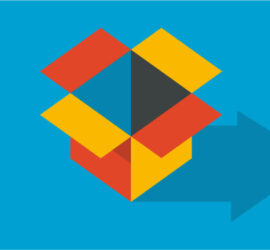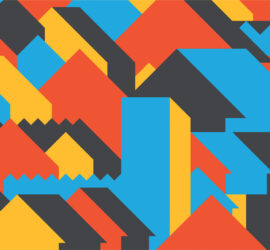About The Project
BeCom stands for “Beautiful Communities – Enriching, Sustainable, Inclusive.” This project brings together organizations from Germany, Romania, Greece, Spain, and Serbia to empower citizens and educators with the skills, knowledge, and attitudes needed to drive innovation in their communities, particularly in response to climate change and social challenges.
Programme: Erasmus+ KA220-ADU – Cooperation partnerships in adult education
Duration: 01/10/2024 – 31/03/2027 (30 months)
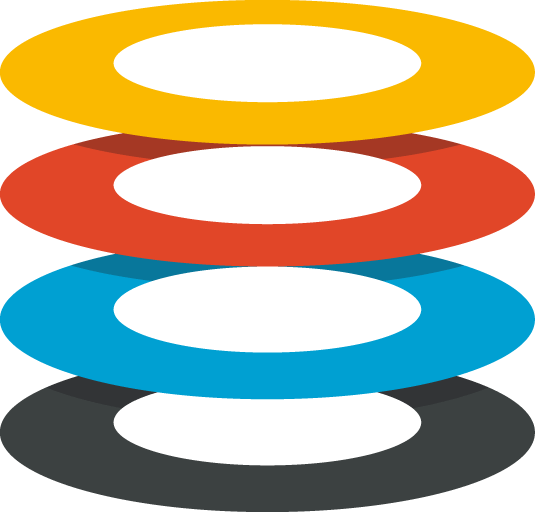
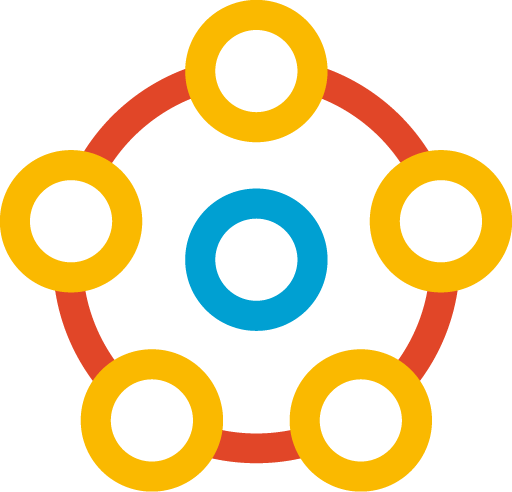
Project Context
The BeCom project is inspired by the values of the New European Bauhaus (NEB) initiative, which emphasizes sustainability, aesthetics, and inclusion. The project integrates these values into adult education, using the Quintuple Helix Model (QHM)—a framework that brings together education, politics, economy, society, and the natural environment for knowledge creation and innovation.
Key Priorities:
- Inclusion and diversity in education
- Creating and promoting learning opportunities for all generations
- Environment and climate change action
Project Goals
Main Objective
To deliver accessible learning opportunities that equip citizens to become innovators and advocates for healthier, more sustainable, and inclusive communities.
Specific Objectives
- Equip partner organizations with skills and knowledge to develop and deliver innovative educational programs for adults, using the Quintuple Helix Model and New European Bauhaus values.
- Foster civic engagement and participation among local stakeholders, enabling them to drive innovation and solve local environmental challenges.
- Create three educational portfolios for community members, focusing on green buildings, community gardening, and circular economy.
- Develop and disseminate an open-access e-learning toolbox to support community learning and innovation.

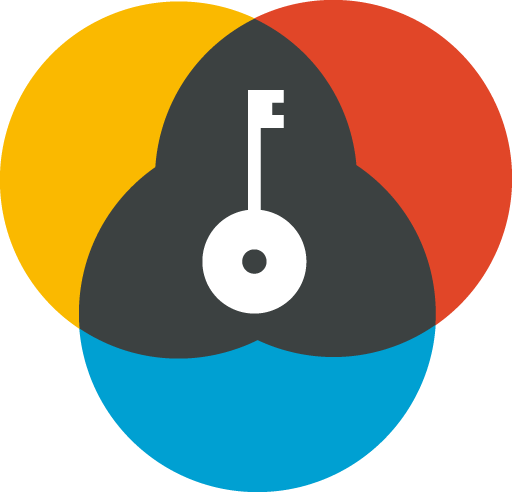
Key Activities
Development of the BeCom Guide: A methodology for knowledge creation and circulation in sustainable community development.
Workshops: Hands-on workshops in partner countries focusing on green buildings, regenerative communities, and community gardening.
E-Learning Toolbox: Creation of a Massive Open Online Course (MOOC) and digital resources for community learning.
Dissemination Events: Local and international events to share project results and encourage adoption of best practices.
Expected Outputs
BeCom Reference Guide: A practical guide for adult educators on fostering sustainable development using the QHM and NEB values.
Three Educational Portfolios: Covering green buildings, community gardening, and circular economy, each tailored for five community sectors (political, educational, economic, social, environmental).
E-Learning Toolbox: An open-access platform featuring interactive tools, simulations, and training modules in six languages.
Workshops & Trainings: At least three major workshops and multiple local events, engaging over 100 educators and community stakeholders.
Dissemination Materials: Booklets, newsletters, and a project website in multiple languages to maximize impact and accessibility.
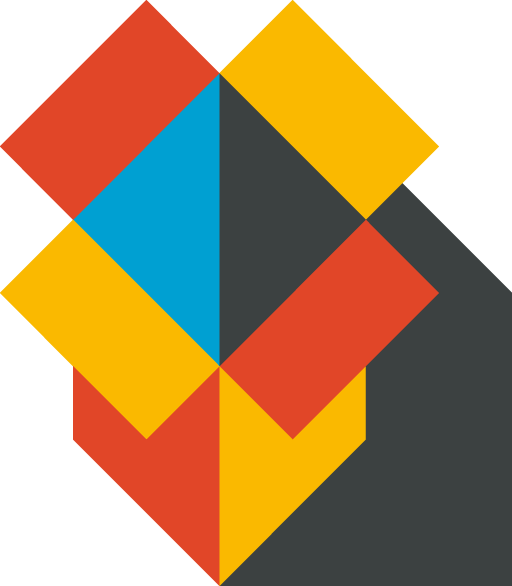

Who Will Benefit?
- Adult educators and trainers
- Community leaders and local authorities
- NGOs and social enterprises
- Citizens interested in sustainability, inclusion, and local development
- Educational institutions and VET providers





